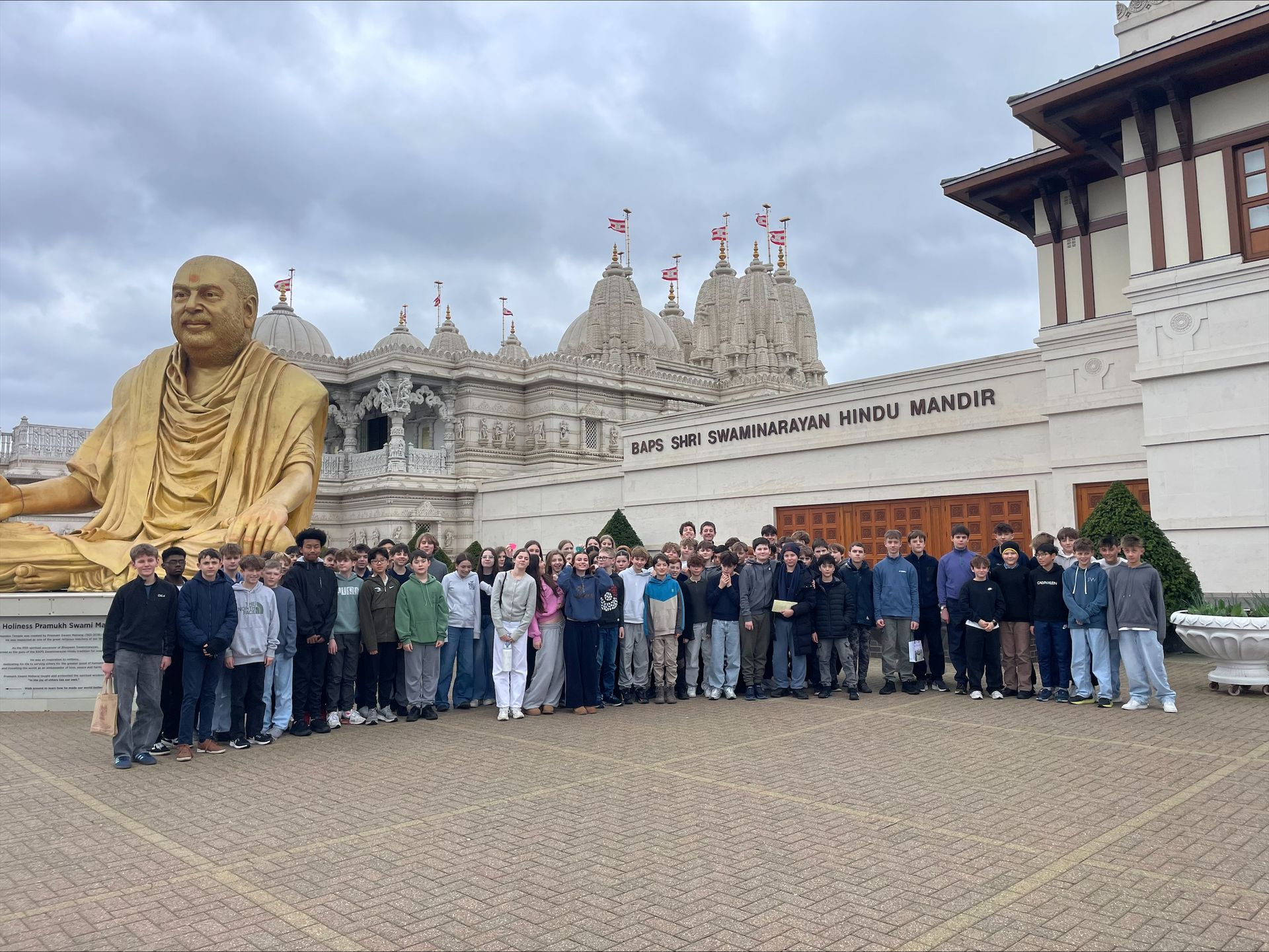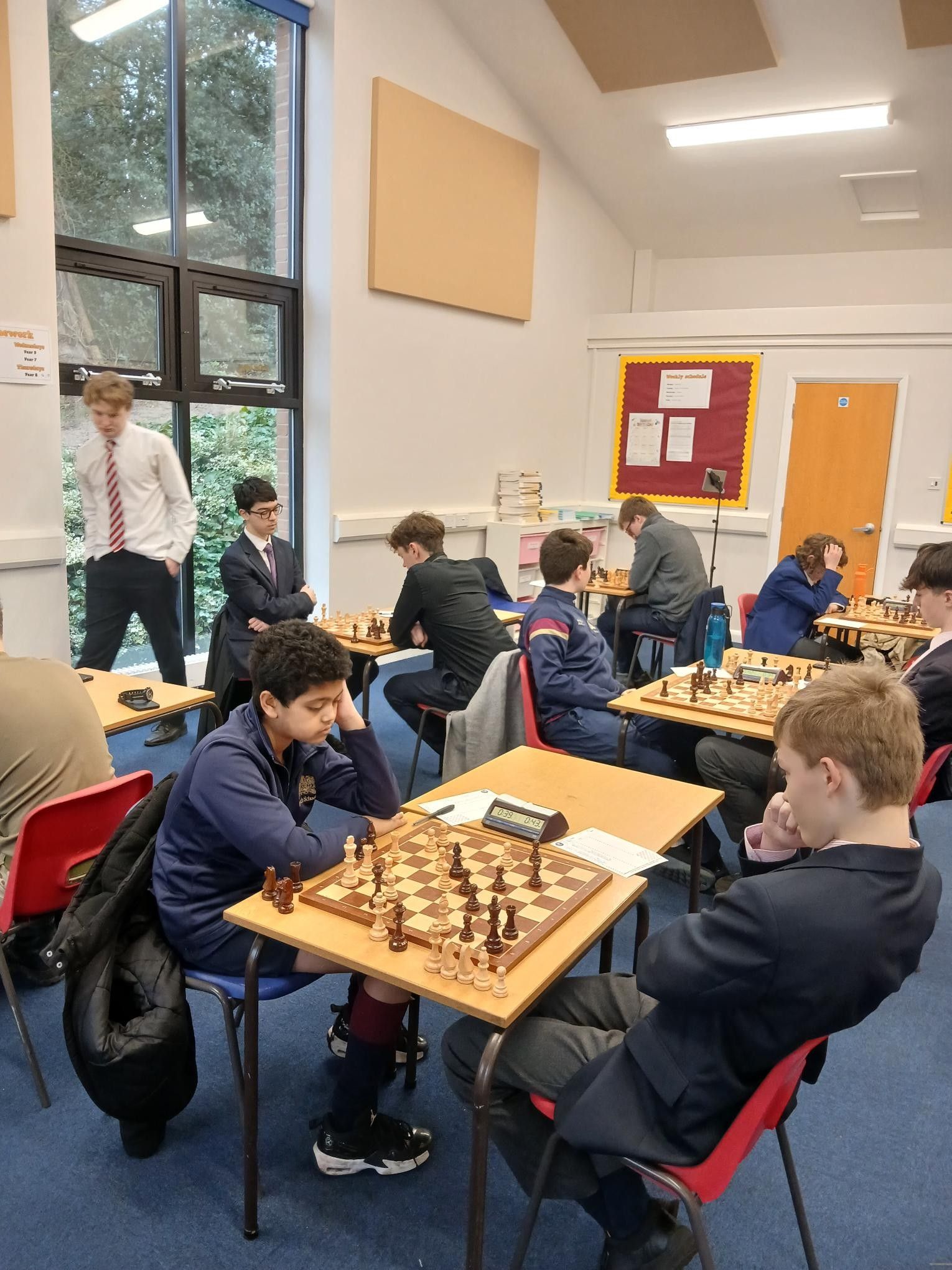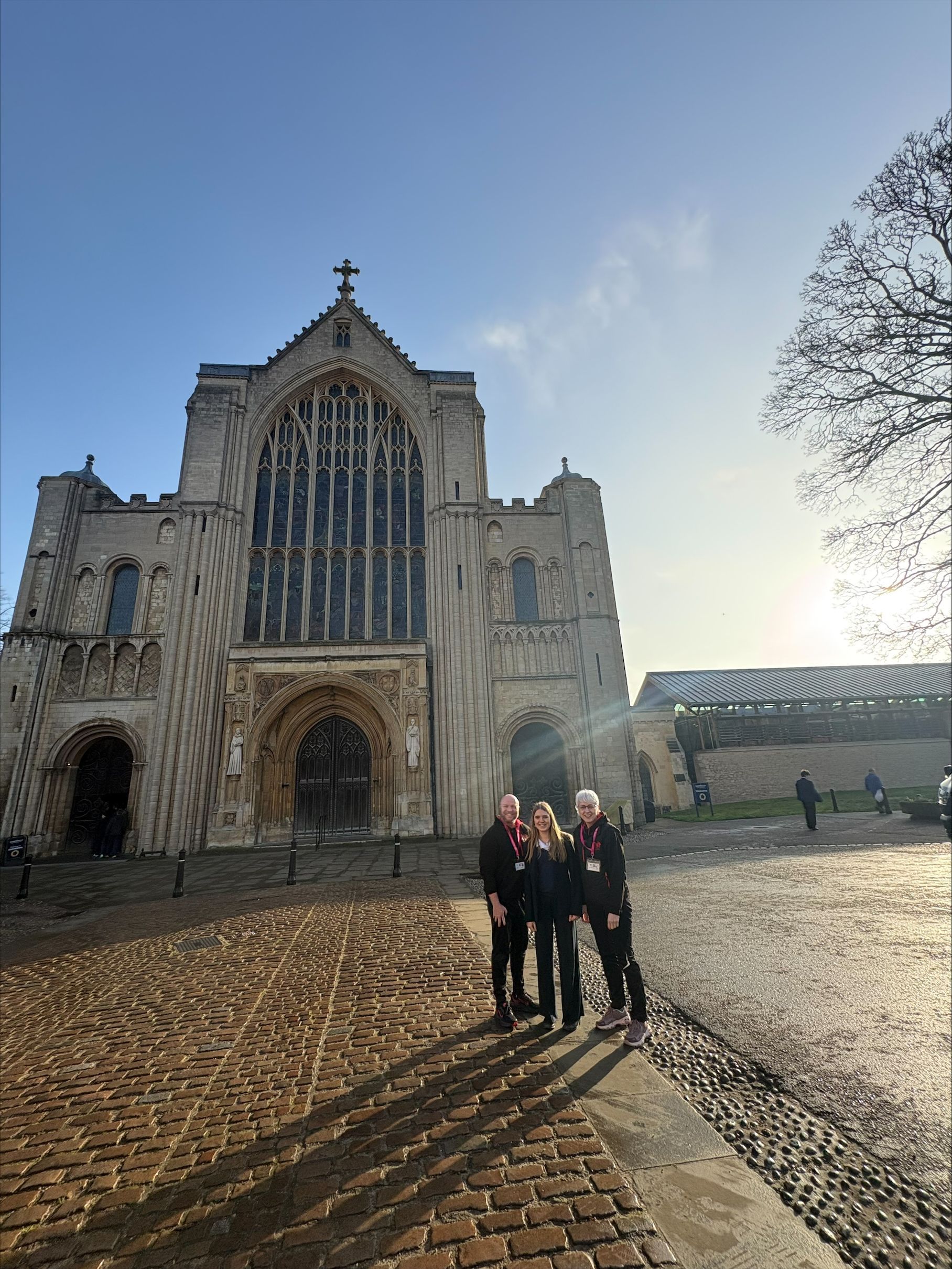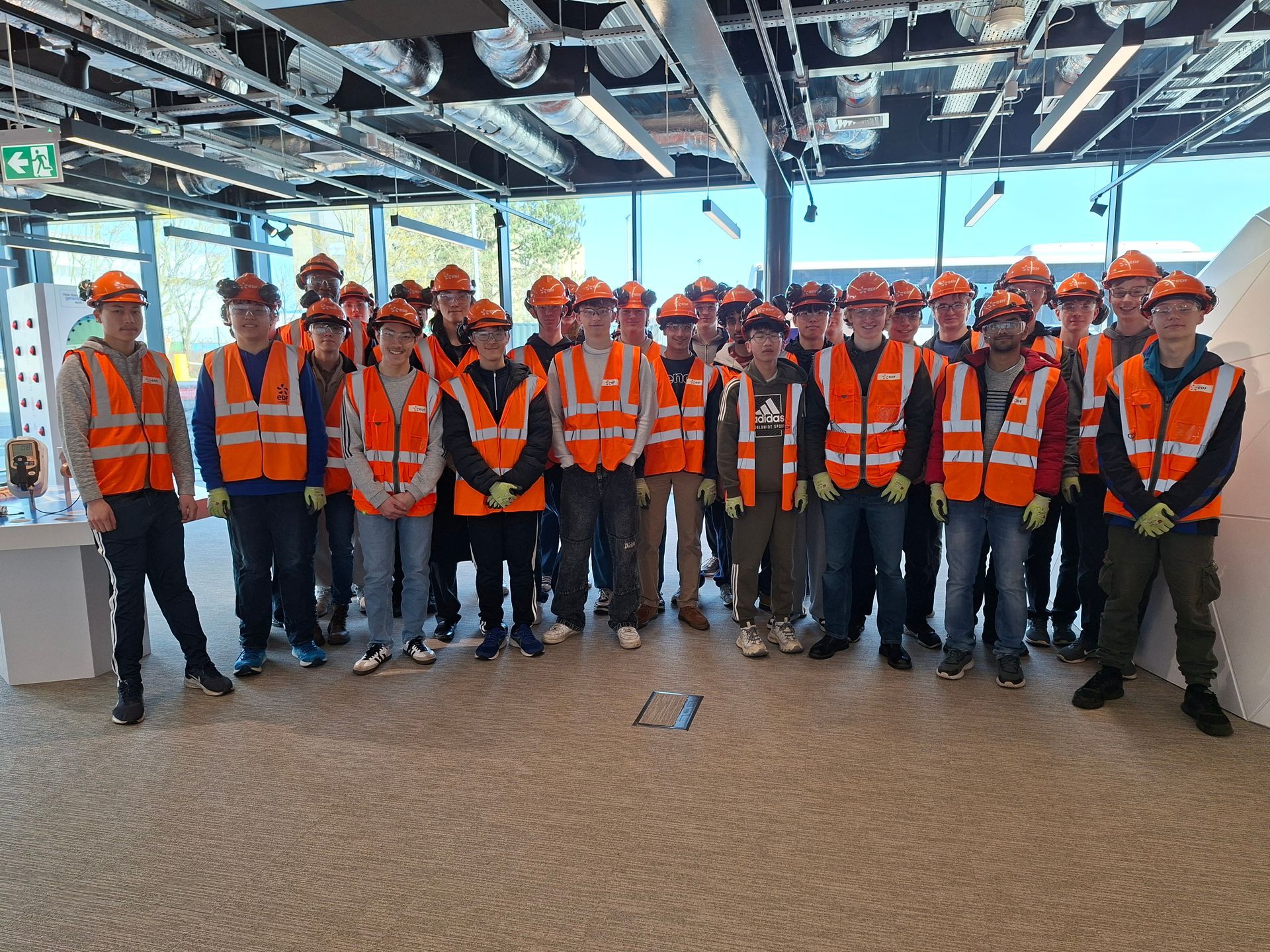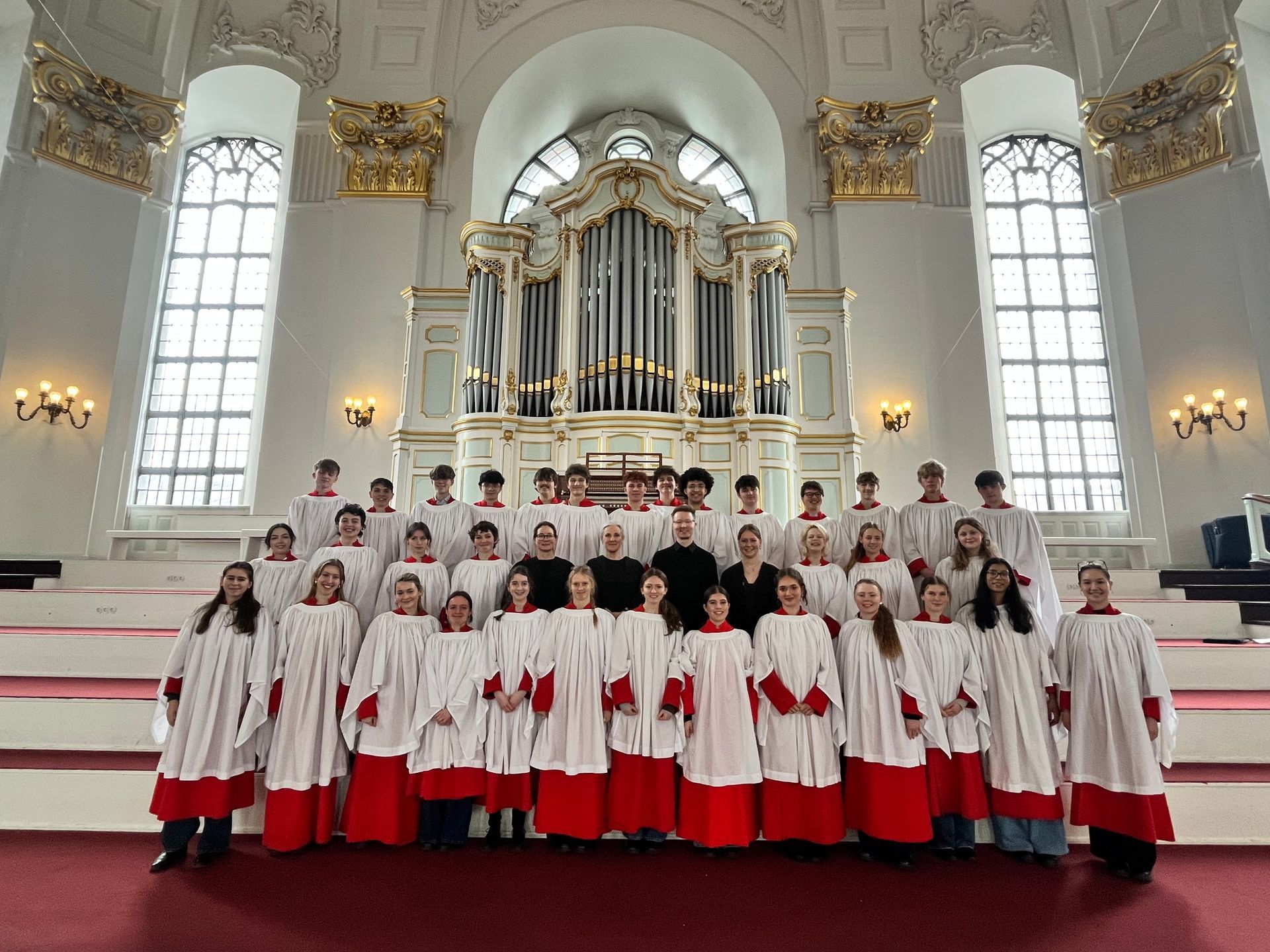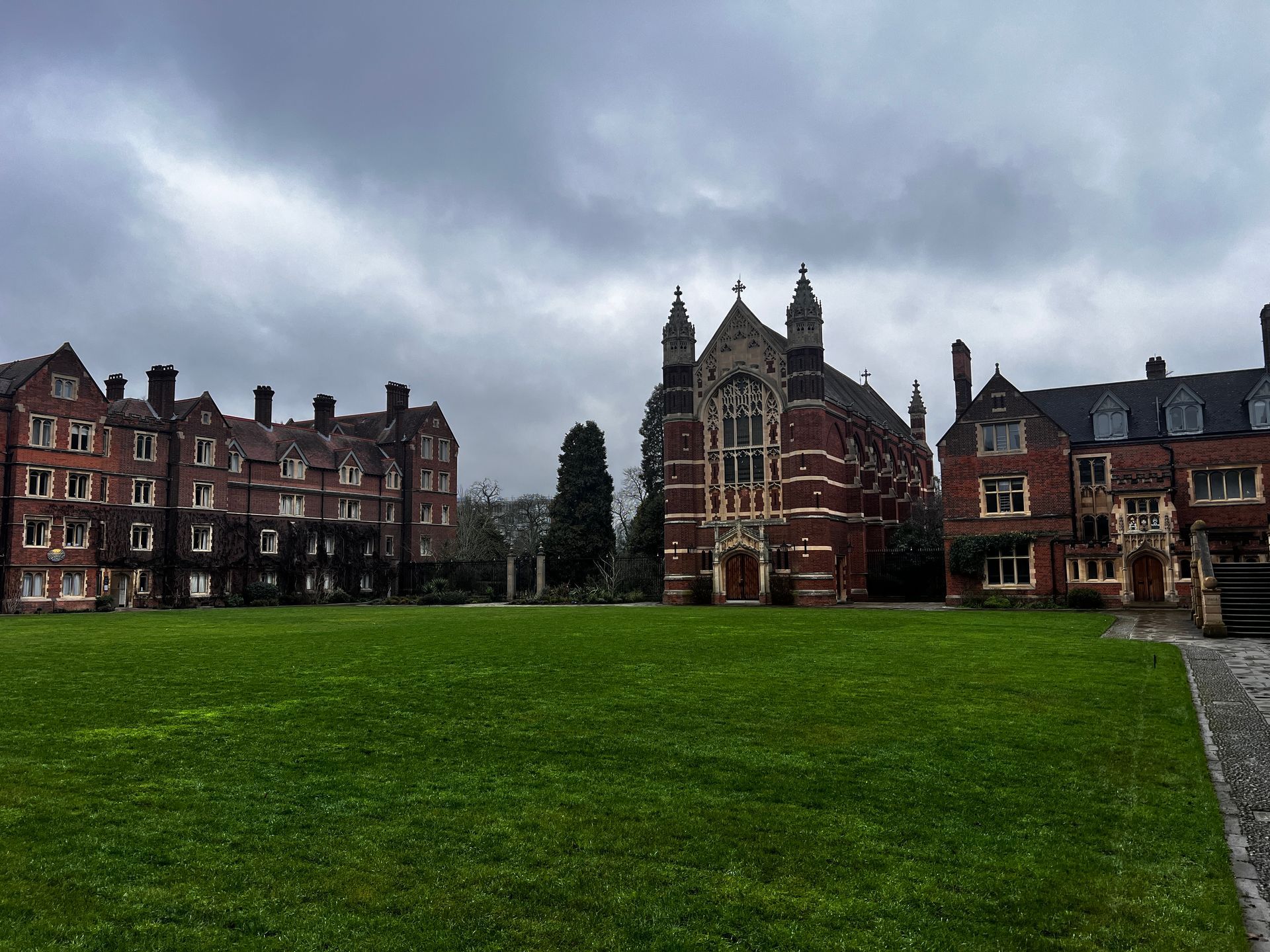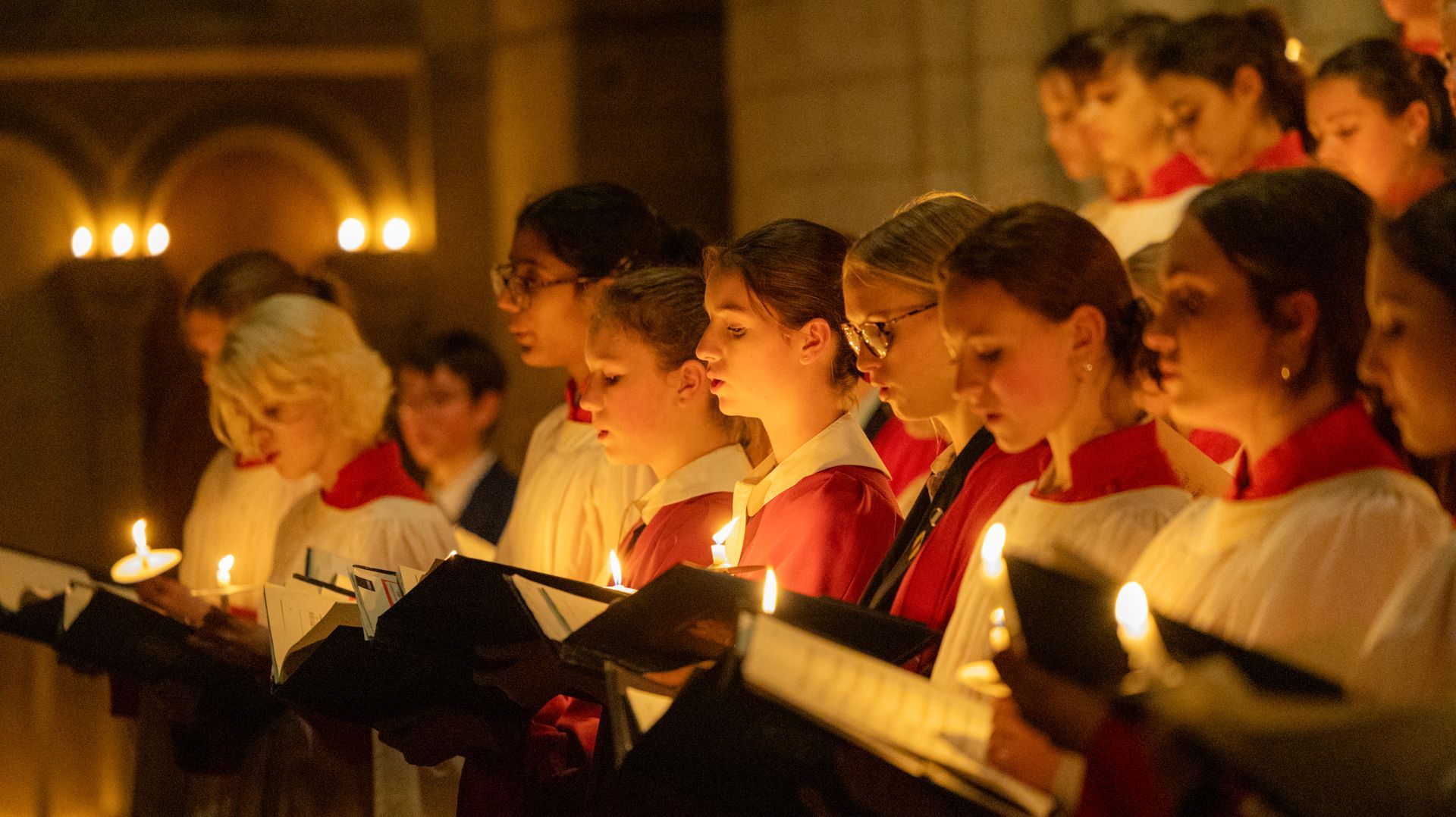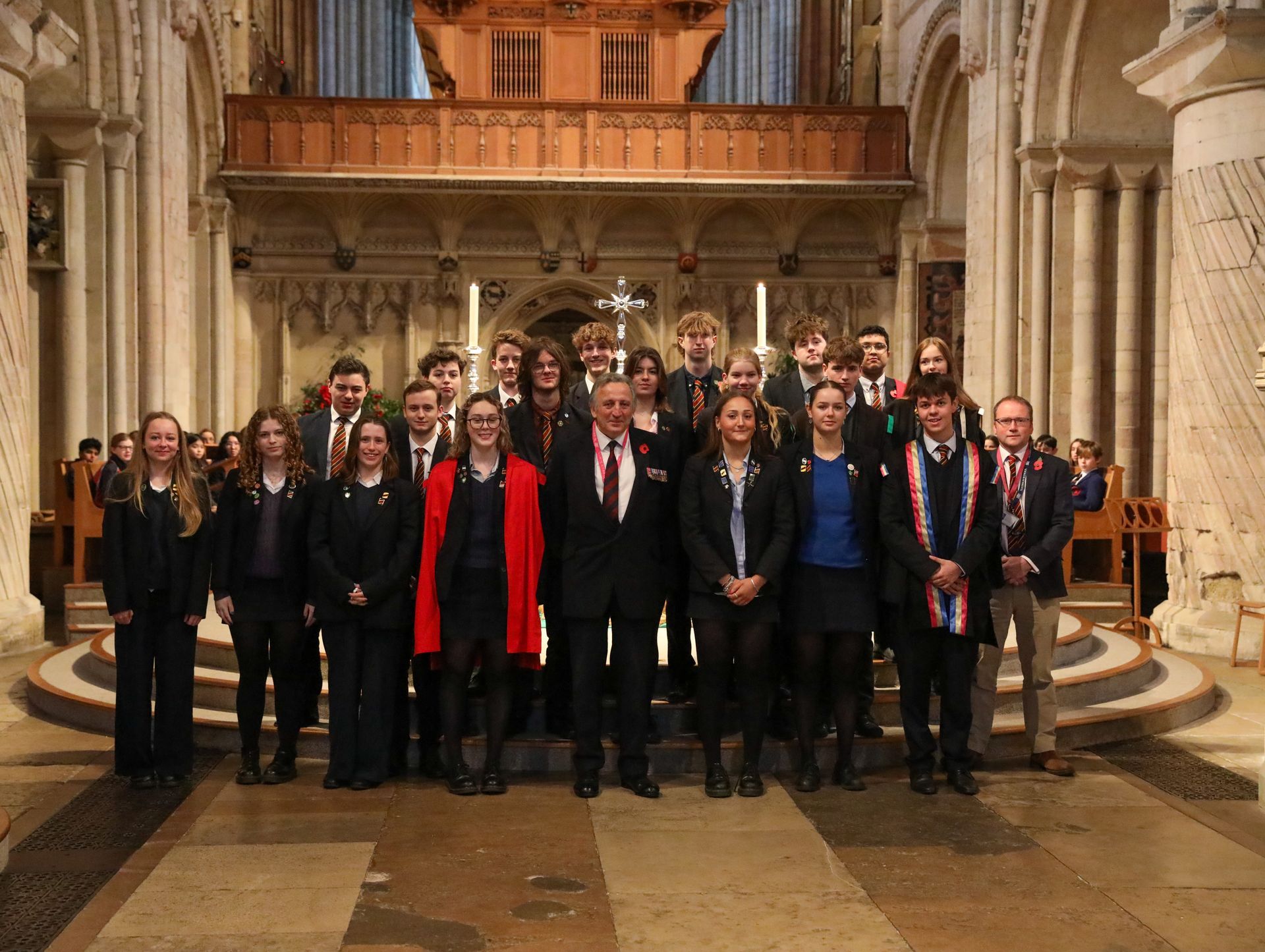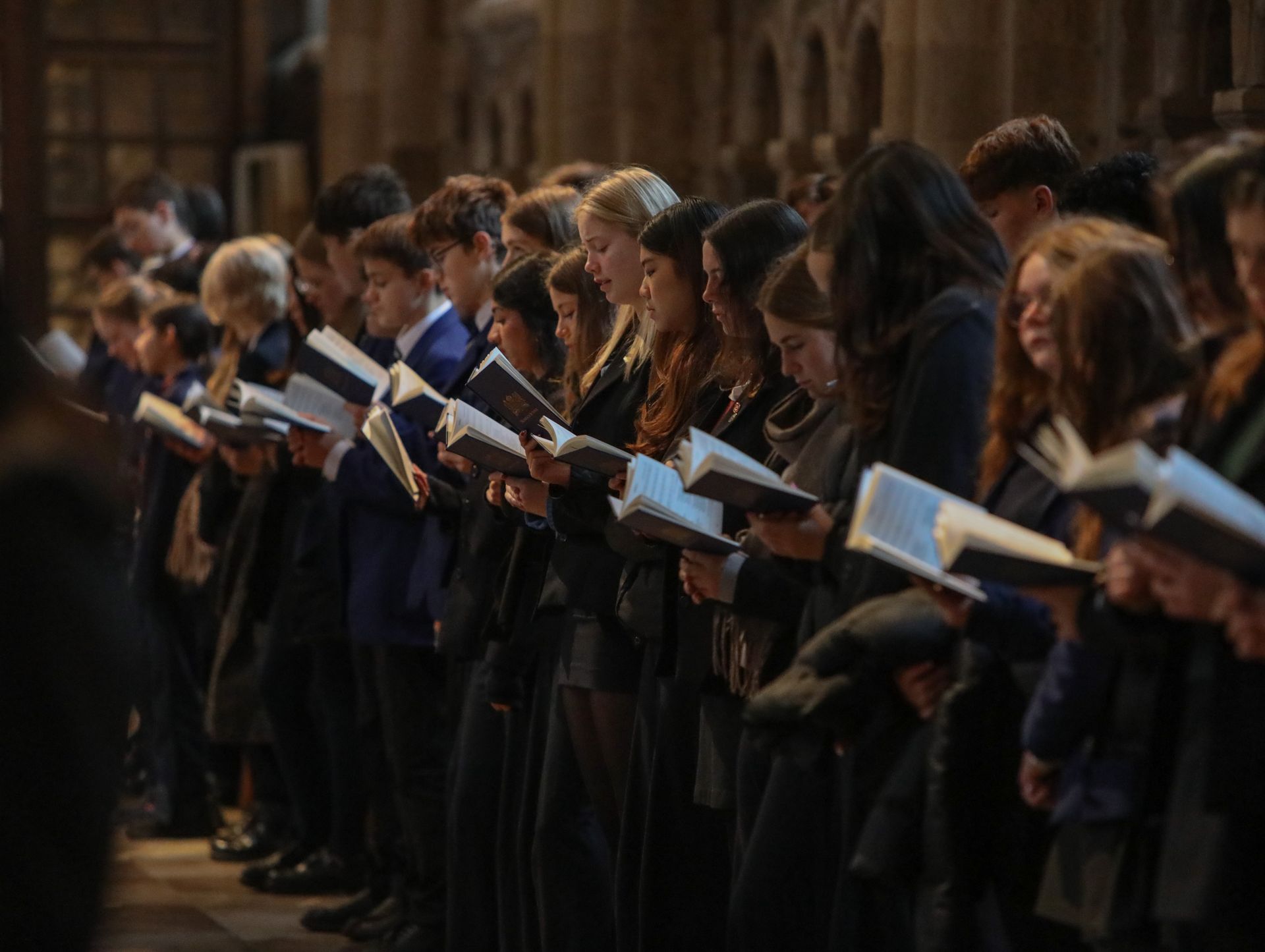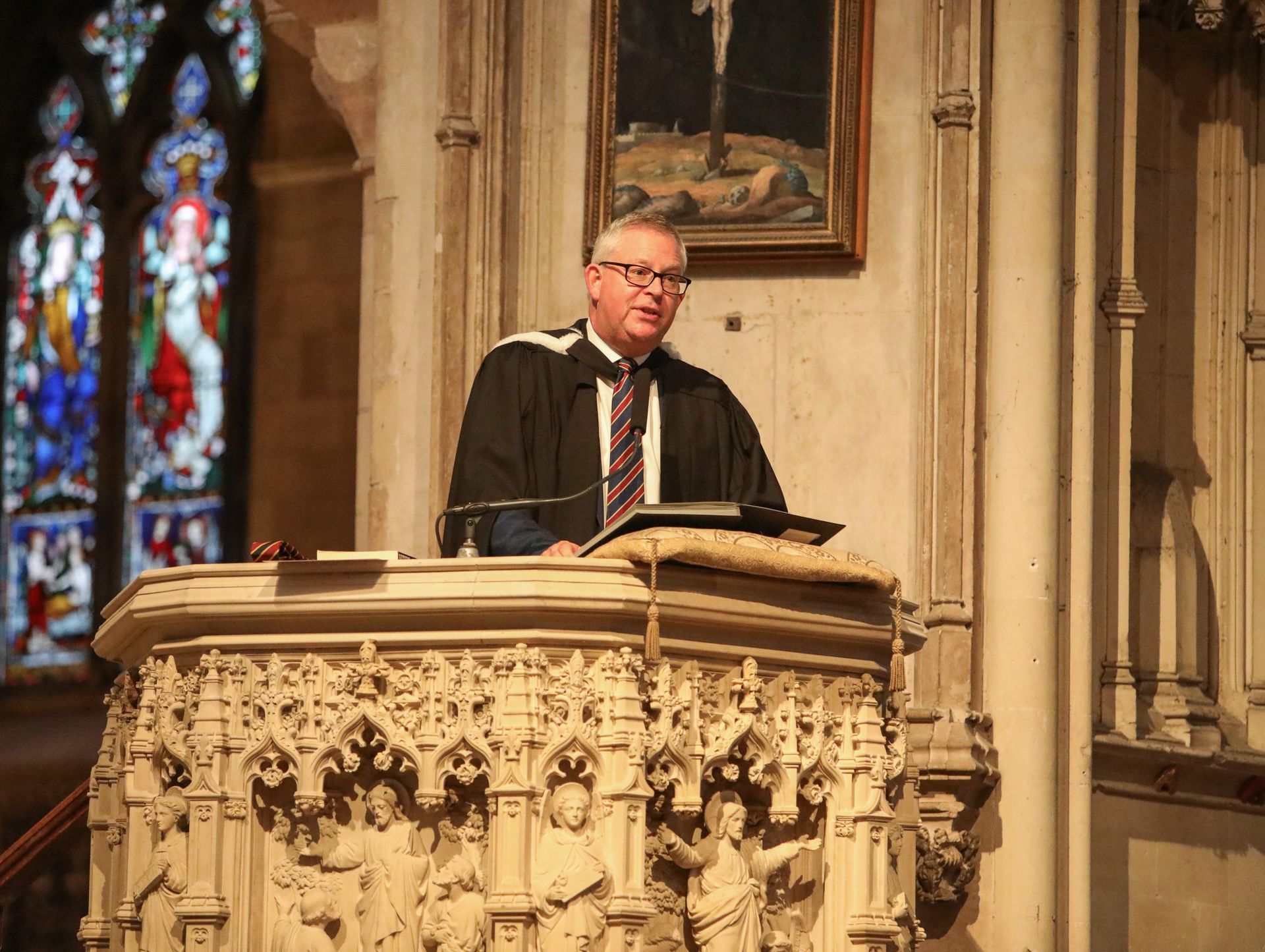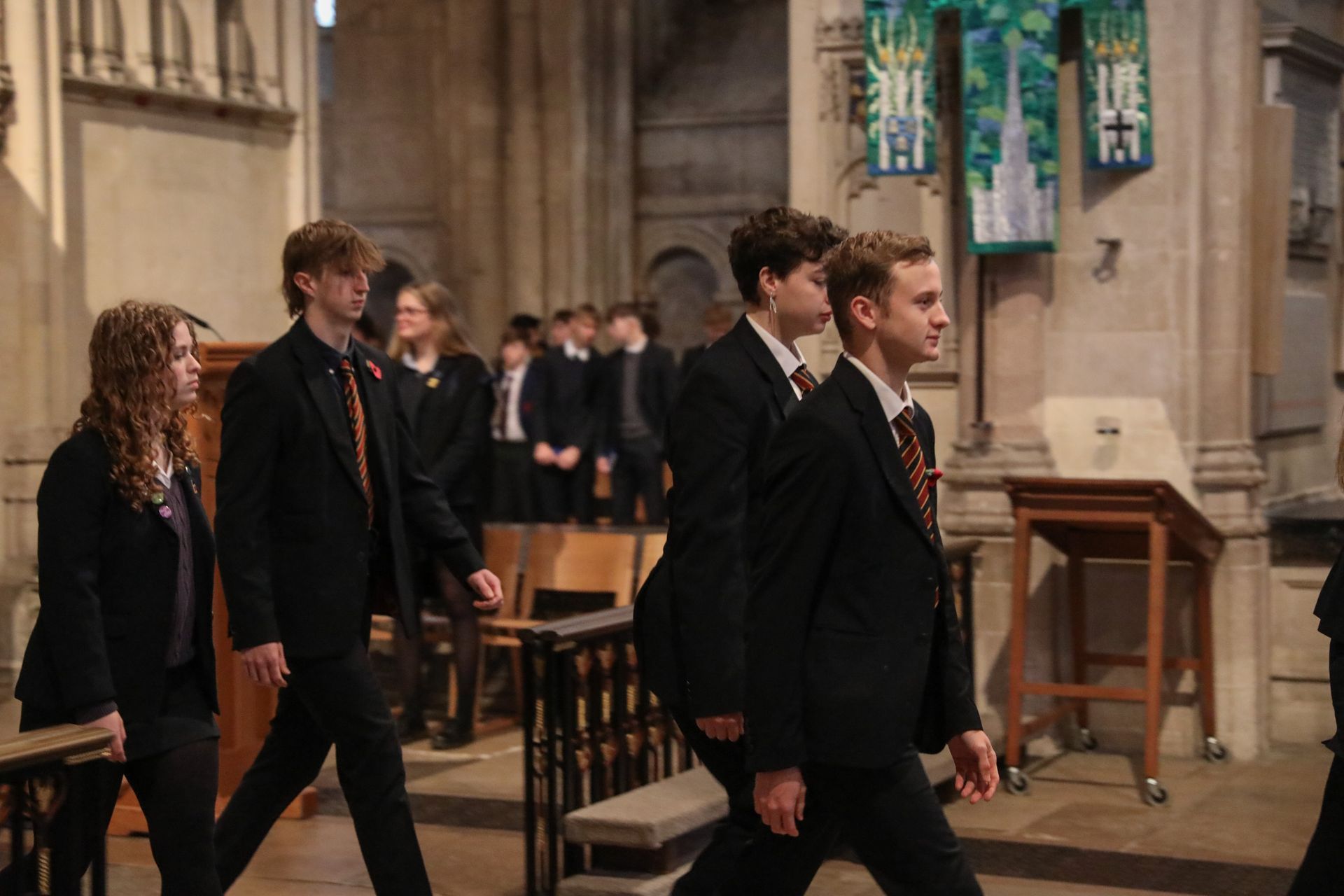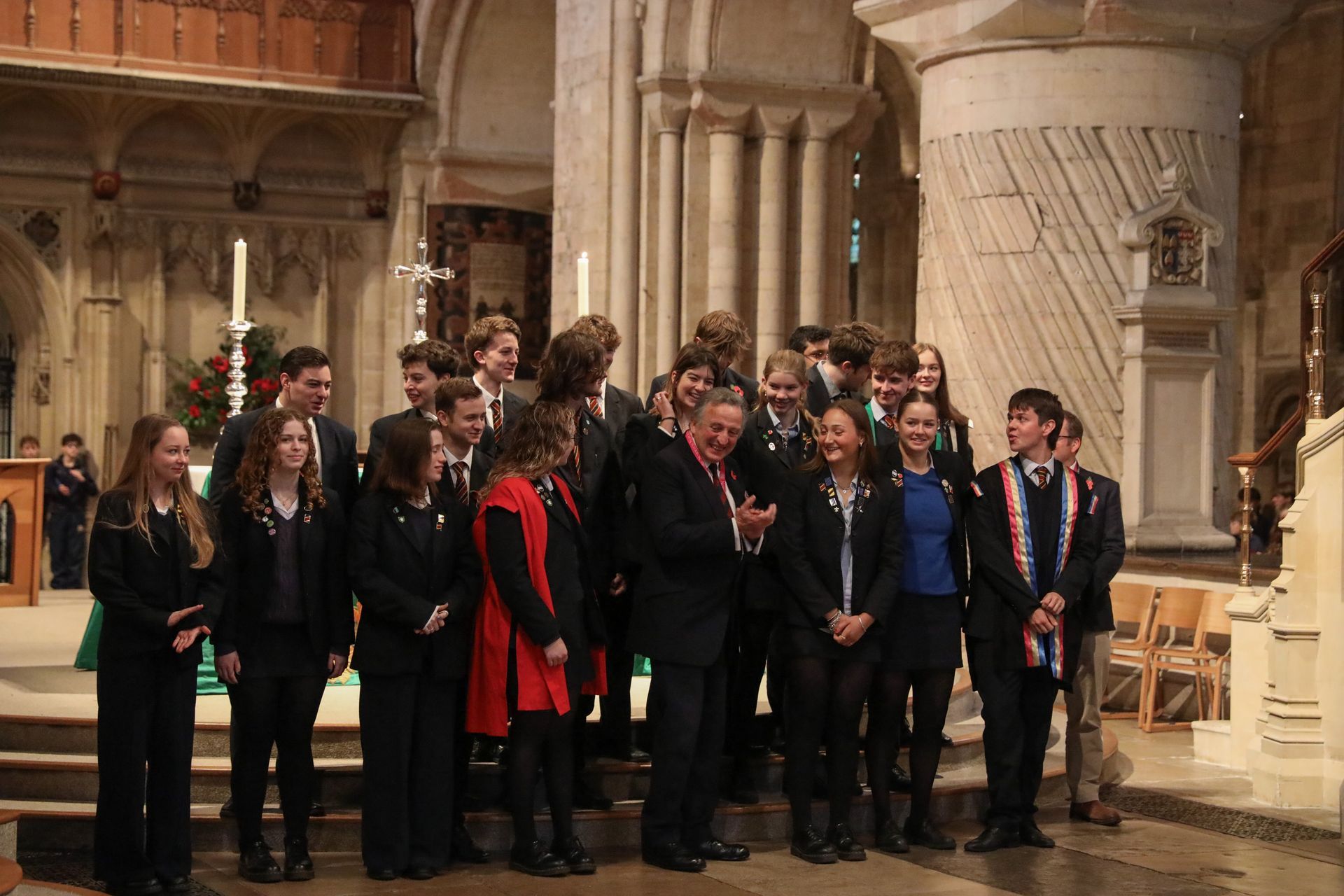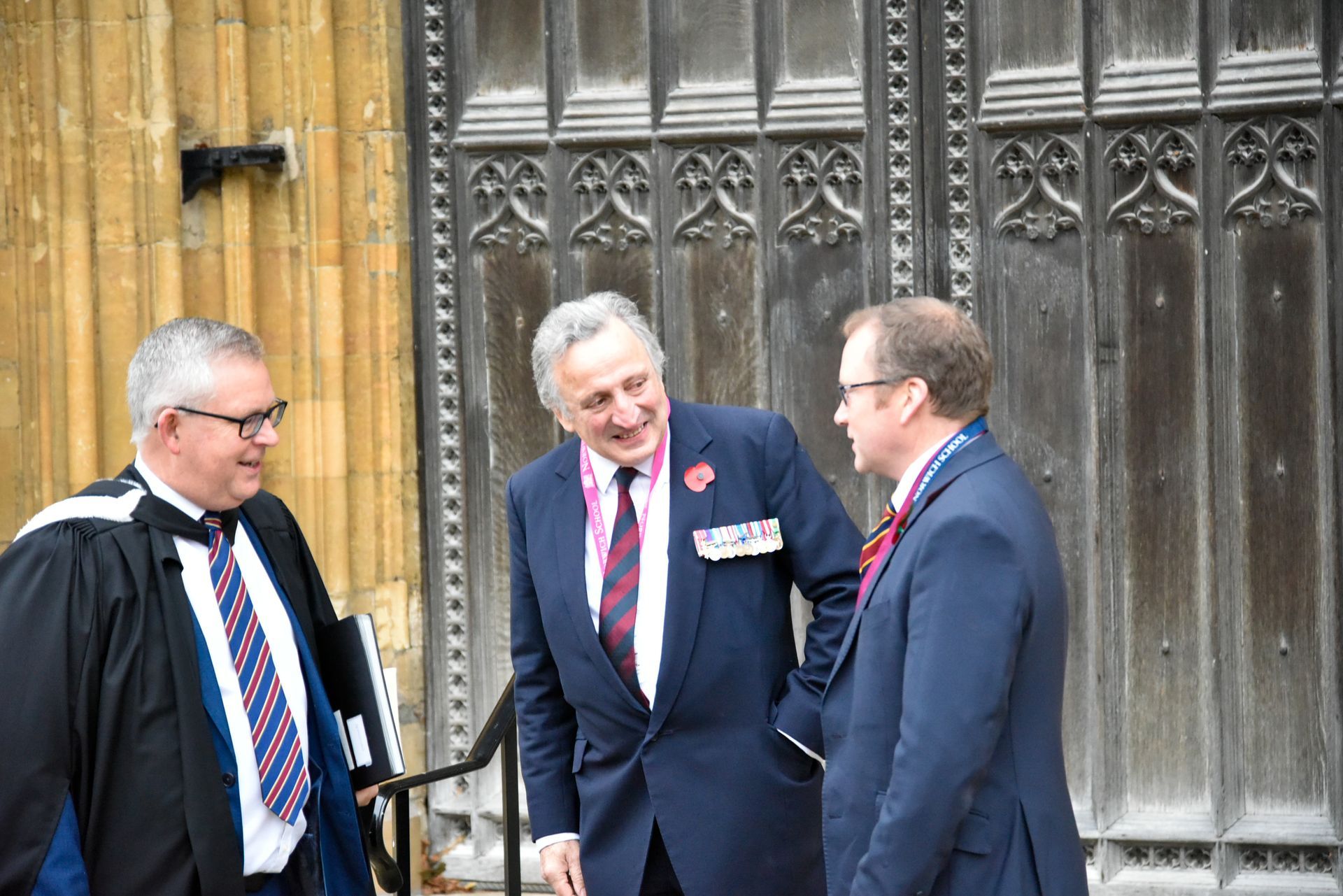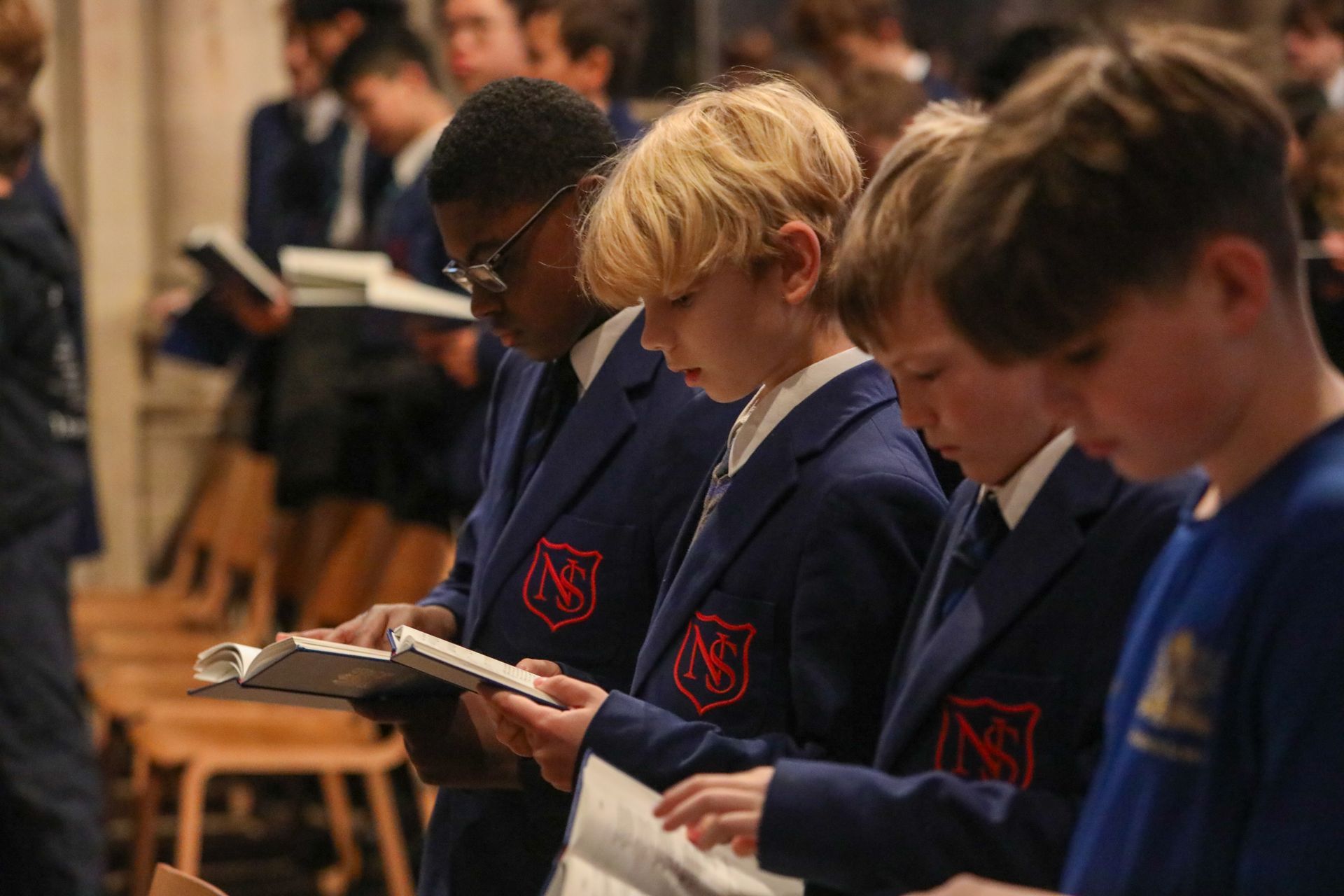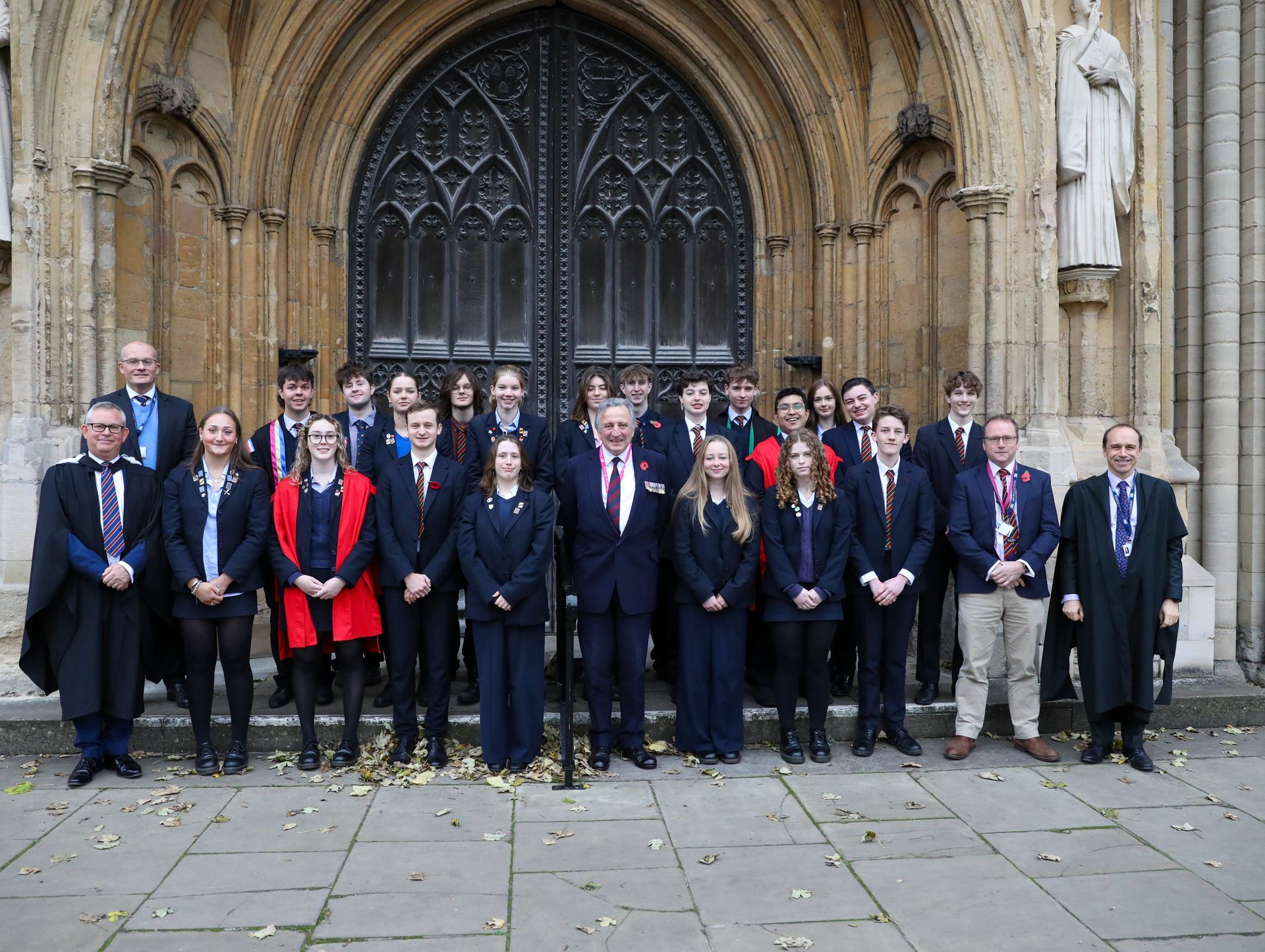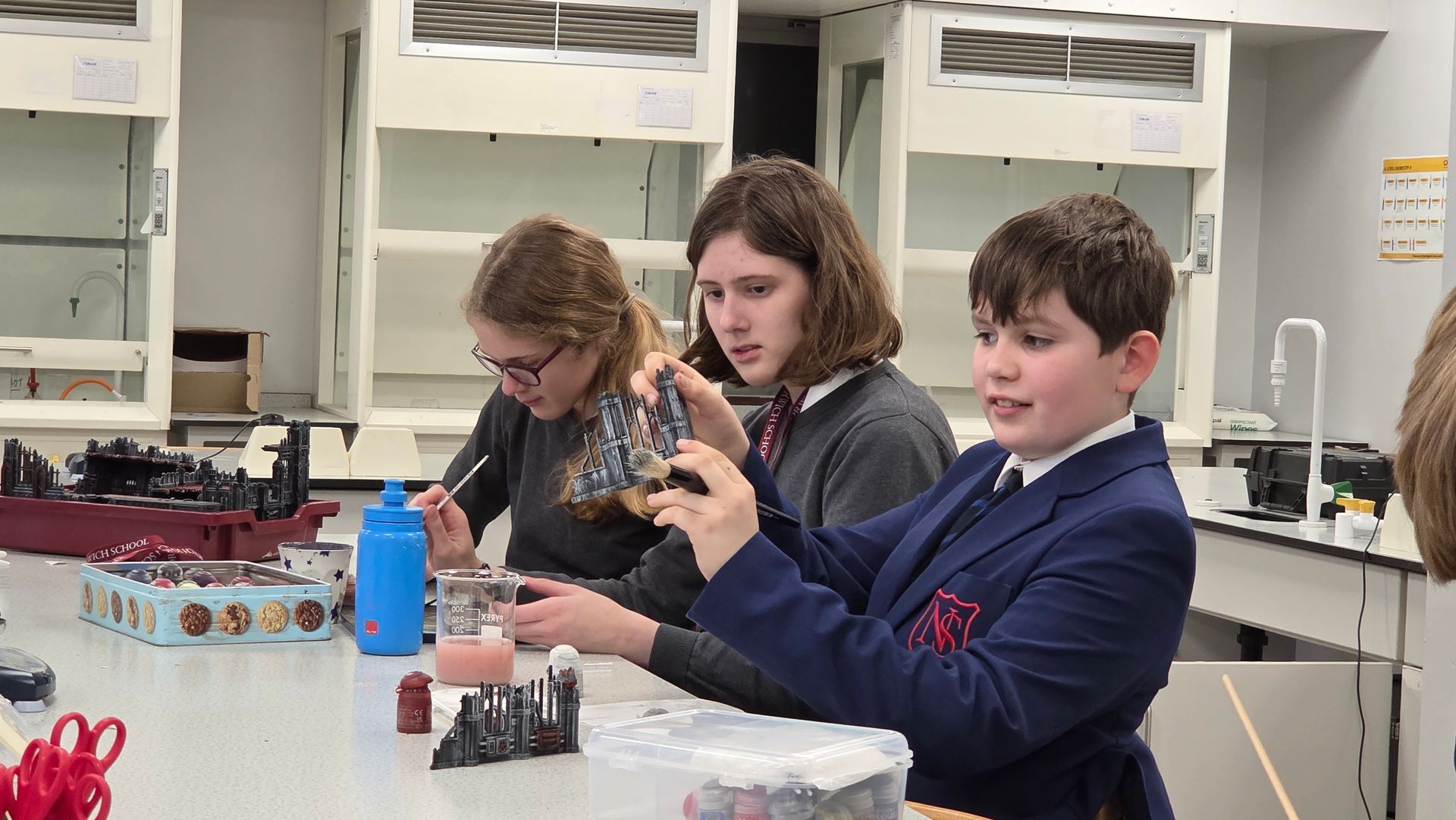Remembering a Norwich School Hero
November 8, 2024
Jonathan Pearson, the school’s Development Director and Old Norvicensian 78-87 gives his perspective on a “Norwich School hero” at this time of Remembrance…..
"Good morning, everyone. Norwich School can seem a bit quirky at times, but I view that as a positive. Have you ever wondered why things are named the way they are? I am sure those who joined this term may well have questioned who was the Fleming of the 1950’s Fleming Building – maybe Ian Fleming, the writer of James Bond books for example? Are the Dyers of Dyers’ Lodge still alive or are the Dyers dead? Did Coke (as in Coke House) invent a fizzy drink and who or what is a Valpy? Of course, being Development Director, you would rightly expect me to know the answers, so, do collar me in the playground or the lunch queue if you want to know more.
It would be a fair assumption that many unfamiliar names relate to people of great merit who have strong connections to the schools’ illustrious past. I would like to share the details of one whose name you may have heard, but you will likely have no idea who he is or know nothing of his remarkable story. I want to put that right today and this is the theme of today’s assembly.
To start our story, let me take you back to the height of World War II and to the jungles of Burma (now known as Myanmar). At the base of a deep thicket a young officer Philip has been very badly wounded and lies dying. In his head he wonders what will get him first: infection from his wounds; starvation or dehydration; or, even worse, being discovered by Japanese enemy soldiers patrolling these jungles looking for British soldiers to dispatch on sight. There is a rustle in the nearby bushes and a face appears through the undergrowth. Philip realizes in that moment that his life hangs by the slenderest of threads.
Fortune though is smiling on him, as this is a local Burmese Rifleman Maung Tun, who immediately grasps the urgency of the situation, tends Philip’s injuries, provides him with sustenance and care. A friendship develops between Philip and Maung Tun, whom Philip nicknames ‘Mo To’ for short. This continues for some while and Philip recuperates, when, suddenly, visits from Mo To stop and Philip is perplexed. Only later does he discover that Mo To had been captured by the Japanese and tortured to reveal the whereabouts of British troops in the vicinity. Refusing to give up information about Philip’s hiding place, Mo To is cruelly tortured to death. Philip struggles all his life to understand what compelled a virtual stranger to sacrifice his own life for Philip’s, and this profoundly moves him.
Philip recovers, but later in the war he is captured by the Japanese who incarcerate him in one of their brutal prisoner of war camps. Two years of subsequent torture and privation, of waterboarding and starvation, and the death of many of his comrades are poignantly captured in this book, his autobiography: Return via Rangoon. It is a heart-breaking account and was republished last year to celebrate 80 years since that military campaign. I cannot recommend this moving read highly enough.
I now fast-forward to autumn 1977 when I first met Philip. Of course, I did not call him Philip at the time - after all he was the Headmaster of Norwich School. He was known as ‘Mr Stibbe’. I was being interviewed by him to join Norwich School as a pupil. At the end of World War II, Philip Stibbe returned to his studies at Merton College, Oxford. They had kept the same room waiting for him that he had left in 1940 when he joined up – a lovely touch. He subsequently moved into teaching and his last post was as Headmaster at Norwich School from 1975 until 1984.
Following periods of financial hardship and national austerity, the Norwich School he inherited could at times be a grim and sombre place. Philip’s moving experiences in Burma had instilled in him a formidable sense of love for humanity and compassion towards others – both of which are central to today’s Norwich School. It is not to say they did not exist before his time, but it was Philip Stibbe who made such a positive effort to reflect love and compassion in the culture and everyday experiences here at school.
I have two examples. Feeling sorry for the meagre rations at lunch in the 1980s, he petitioned the Bursar and was successful in increasing food portion sizes, especially on Fridays when the number of fish fingers was increased by one on each plate, earning him the nickname of Four Fish Fingers Phil. More profoundly, the second relates to his increasingly frail health. Years of starvation rations had irreparably weakened his constitution and brought about the onset of the debilitating condition known as Parkinson’s Disease, causing him to retire early. At a time when pupil relations with teachers were often distant and subservient, at the end of his last ever assembly in this Cathedral I recall him warmly shaking the hand of every boy as they left through the great west doors. I was moved that he knew my name and wished me well with a tear in his eye. Recently I discovered that on his death he committed his body to medical research, allowing them to assess the impact of his war-time privations.
When I returned in 2018 to work at Norwich School, I was overjoyed to learn that Stibbe Awards in his honour are handed out each term. This is a Stibbe Tie and Pin, given to those of exceptional ability and application across more than one co-curricular discipline, for example taking a lead role in a musical whilst also leading a charitable initiative. It is effectively awarded as co-curricular full colours. Only a select few Sixth Formers ever attain this high accolade.
I first met Philip Stibbe’s son in 2023, having been invited by him to the re-launch of Philip’s book Return Via Rangoon. Retired Major Giles Stibbe, OBE, Director of the Household Cavalry Foundation, is himself a decorated veteran of many conflicts over the last 40 years. Giles was thrilled to learn his father is still celebrated through the Stibbe Awards and his legacy lives large at Norwich School today. I am delighted that Giles has accepted my invitation to be with us in assembly this morning. He is also (and I mean this as the highest compliment) the spitting image of his father when I first met him.
To conclude my address, if you see anyone round school wearing one of these ties or pins, do ask them how they earned their Stibbe Award. I hope you to will be inspired by their stories and aspire to receive this accolade yourself one day. To those wearing a Stibbe Award today, Giles and I salute you. You will have made an important mark on the school through your sterling efforts and continue to make Norwich School a better place. It is interesting to note that among the cohort of Stibbe recipients in school at present, is our very own Mr Gent who, as a schoolboy here, was one of its first ever recipients.
So, in this building that Philip loved so much and where he finished his Norwich School career, let us consider the courage, humbleness and lifelong compassion of Philip Stibbe and, at this time of Remembrance, reflect on the astonishing act of sacrifice of Mo To in 1943, the Burmese soldier who laid down his life for his fellow man.
Let us now give all Stibbe Award Holders a well-deserved round of applause."
